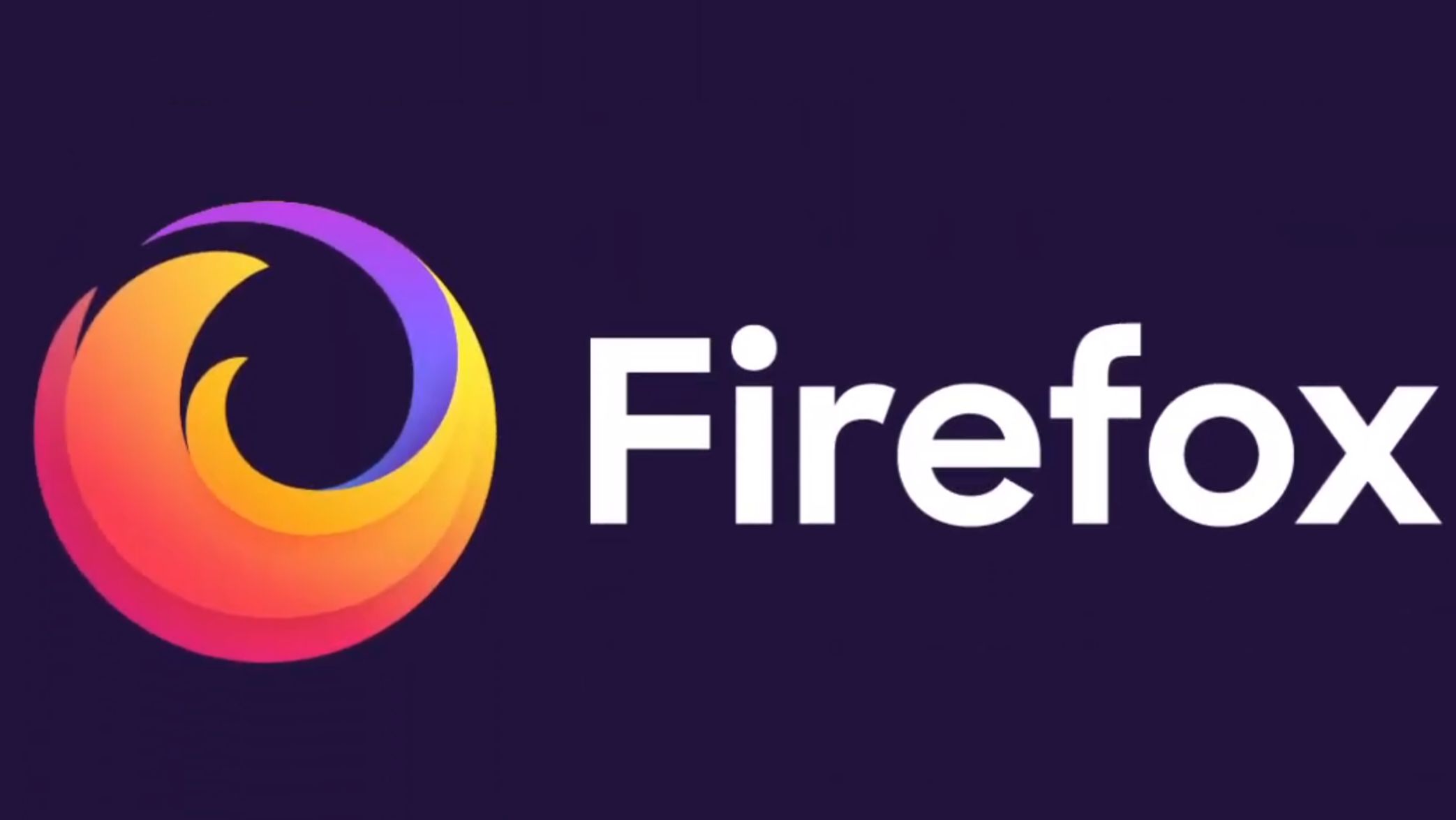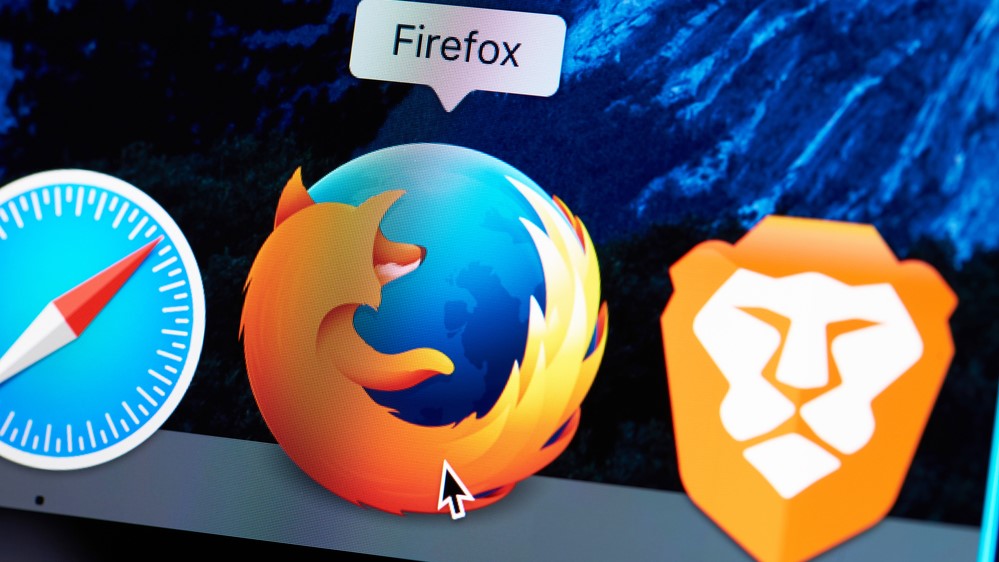Mozilla and Firefox could be about to change the VPN and privacy market forever
With the search royalties contract expiring in 2020, it’s a race against time

News that Mozilla could release a suite of privacy focused tools and services to complement its popular Firefox browser sent tongues wagging across the security and privacy industry.
Many believe this might be a blessing in disguise as it will help popularize tools like VPN and password manager, offering users more privacy and security.
However the surprise announcement throws in more questions that it answers - so what could the news really mean for your internet browsing?
Why is Mozilla doing this?
Transforming itself into the Office 365 of privacy may well help Firefox remain relevant in an increasingly polarized world where smartphones have long overtaken desktops.
According to the most recent Netmarketshare report, Chrome has ring-fenced two-thirds of the desktop browser market with Microsoft Internet Explorer/Edge a very distant number two with under 14 percent. Firefox is third with under 10 percent. Things are even more bleak on mobile where Firefox’s market share is just over one percent, in other words, almost nonexistent.
So why the urgency? Well, other than the fact that desktop numbers - where Firefox is most prevalent - are slowly shrinking, November 2020 will see the expiration of contracts with search engine providers for royalties; that’s 17 months from now. The biggest of these is Google, and it is likely that Firefox’s biggest web browser rival is also its biggest benefactor. But for how long?
Mozilla is acutely aware of that “concentration of risk” as noted in its latest bi-annual audit report with approximately 93 percent and 94 percent of the organization's royalty revenues derived from these contracts for 2017 and 2016 respectively, with receivables for these contracts representing approximately 75 percent and 79 percent of the outstanding receivables.
Are you a pro? Subscribe to our newsletter
Sign up to the TechRadar Pro newsletter to get all the top news, opinion, features and guidance your business needs to succeed!
Spreading risks by not focusing on one revenue stream is what Mozilla seems to be aspiring to, with the view that search money may, perhaps one day, disappear for good.

How is Mozilla planning to achieve this?
Like Microsoft and Office 365, Mozilla has been building its privacy suite around a core product.
Firefox is Mozilla’s equivalent of Microsoft Word in this case, a flagship product that will gel the bundle. Firefox Monitor watches for account breaches, Lockwise will act as password manager, Pocket filters fake news, Firefox Send allows you to share large files securely (but not store them). The caveat being that you need to have a Firefox account to use all of the above and one can argue that additional features - like Office365 - will make Firefox stickier.
Beyond the current bunch of features, we know that Firefox is interested in a super private browsing mode (a Tor integration) and is considering VPN and cloud storage as potential extensions of its remit.
It already has an agreement with ProtonVPN, and industry sources have told us that Firefox has entertained the idea of white-labelling some of the biggest VPN providers in the market.
We believe that it may acquire ProtonVPN altogether; the latter is an offshoot of ProtonMail and is based in Switzerland; ProtonMail - as a secure email service - would be a very nice fit for Thunderbird, Mozilla’s email client and ProtonVPN is a well-rated VPN provider.
Then there’s Project Svalbard, which is about securing the future of HaveIbeenPwned, the popular data breach treasure trove that Troy Hunt, its owner, has put on sale. Both Hunt and Mozilla have been very close partners and, Troy Hunt revealed that there has been talks without saying more.
However, there could something even bigger in the pipeline. Almost exactly a decade ago, Opera unveiled a bold, forward-thinking feature called Unite. The then CEO of Opera, Jon von Tetzchner, said that it was Web 5.0, a reinvention of the web. In more prosaic terms, it was a (file) server-in-a-browser but was perhaps too far ahead of its time.
Could Firefox revive this idea and add a server functionality to all Firefox web browsers, P2P based and versatile in nature? Others have tried this before with, let’s say, mixed results. But Firefox is a much bigger entity with a far more numerous user base and a massive war chest.
As a not-for-profit organisation, the organization had total assets of $607 million as of December 31, 2017, a 22 percent increase over 2016. If that rate of growth is sustained, the company will have more than a $1 billion in assets by the end of 2019.

Will Mozilla and Firefox succeed?
Microsoft and Google have too much to lose by being privacy proponents and this is where Mozilla wants to position itself, while at the same time, reducing its dependency on essentially taking money from its biggest competitor. So far so good but then, there’s Apple and Safari. Like Mozilla, Apple has been quietly positioning itself as a privacy-first company with its popular Safari browser offering features that will appeal to those concerned by tracking and the lack of anonymity on other browsers.
Apple also unveiled “Sign in with Apple” at WWDC 2019, one that can even generate random email addresses to further protect your privacy. There’s also the fact that Apple has now one billion active users and nearly 1.5 billion Apple devices. In comparison, Firefox has just over 250 million monthly active users, a number that has decreased by almost 20 percent in two years and is primarily desktop-focused.
What does the competition say?
Harold Li, VP at ExpressVPN, welcomed the news, saying that ExpressVPN “is pleased to call Mozilla a partner in offering VPN services across many markets through Firefox Lite, and glad to see that they share our view that VPNs are an essential online privacy and security tool.”
"The cybersecurity market is highly competitive, so we'll be very interested in seeing what they offer. However, this is a good sign. It means cybersecurity and privacy are important to people and that consumers will have more tools to choose from. It will also push us even further to keep our products competitive.” argued Daniel Markuson from NordVPN.
People use VPNs for different reasons - everything from entertainment to security. Our customer surveys show that about 80 percent of our users chose NordVPN for the security it provides. Depending on what Mozilla's products offer and what kind of promises they make to their users, it's possible that our products may serve different user groups."
“Mozilla has a lot of marketing and upsell opportunities as it has a large user base,'' agreed Kaz Par, CEO of VPN provider, Surfshark. “However, VPN users are very demanding. As we see from our users, there’s a wide variety of VPN use cases and whether Mozilla is up for a challenge is yet to be seen. We saw examples in the past of big companies developing their VPN solutions (Facebook Onavo VPN, Opera VPN, etc.),” he continued “ but there has hardly been success stories”.
A spokesperson for LTM, the publishers of Private Internet Access, welcomed the competition, adding “A lot of companies and projects appear to be integrating privacy respecting features into their offerings - and I think that’s great. As the narrative continues to be controlled by a select few, and the rest of us are simply tracked to be sure we don’t fall outside of their narrative, all of these mutual efforts across the board will keep the ecosystem in balance, and eventually, tip the scales in the people’s favor.“
Sunday Yokibaitis from Golden Frog, the company behind VyprVPN went further. “The VPN industry is growing rapidly and we welcome competition. I have a lot of respect for Mozilla and use a combination of Firefox and DuckDuckGo for personal browsing. I have always said that we need an armada of privacy companies, not a few battleships, to help fight the increasing threats to user privacy and the open Internet.” he said.
“As one of the first VPN providers in the world, we’ve always been focused on our core mission: to provide people with better privacy, security, and Internet freedom. Over the past 10 years, we have seen many VPN services come and go while we remained focused on growing our business, improving our technology and providing a safer and more secure service for our users.” he went on saying before cautioning,
“At this time, it is unclear if Mozilla will offer a true VPN (an encrypted tunnel) or instead will they offer a proxy service but brand it a VPN like Opera. Mozilla will have the same challenges regarding transparency, security, performance and customer support that every VPN Provider faces when entering the VPN marketplace. I think transparency will be Mozilla’s main challenge when launching its VPN service. I have seen reports online that ProtonVPN will be the wholesale VPN service for Mozilla. However, there have also been discussions online that [name redacted] is the true owner of ProtonVPN which had led to concerns about data mining of customer information and other transparency issues. Ultimately, Mozilla will have to decide how to address transparency issues that are inherent when relying on a third-party to provide their VPN service.”
“I have a lot of respect for Mozilla and I hope they match our standards for transparency. Transparency is sorely lacking in the VPN industry today and I hope Mozilla will continue to help us push for more transparency in the VPN industry.”
“There has long been two Internets in the sense that there is an open Internet and a restricted Internet, but with more countries such as China, Russia and Saudi Arabia becoming more aggressive with their censorship and with major tech companies like Facebook and YouTube taking further steps towards censoring their users, there seems to be greater polarization than in the past.”
“We have always played an active role in the battle against Internet censorship, whether that means lobbying political leaders to protect net neutrality or teaming up with organizations such as the Electronic Frontier Foundation (EFF) to defend privacy and free speech, we work daily to combat censorship around the world.
I think that Mozilla’s move to launch a VPN is an attempt to protect the free and open Internet, not split the Internet into two separate Internets. We welcome their help in the fight against governments and entities that continue to constrict and pervert the original intent of the internet – which is simply allowing for people to talk to other people. “
- The best VPN service 2019

Désiré has been musing and writing about technology during a career spanning four decades. He dabbled in website builders and web hosting when DHTML and frames were in vogue and started narrating about the impact of technology on society just before the start of the Y2K hysteria at the turn of the last millennium.